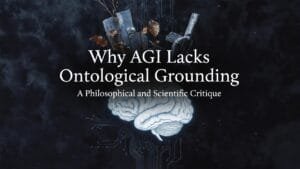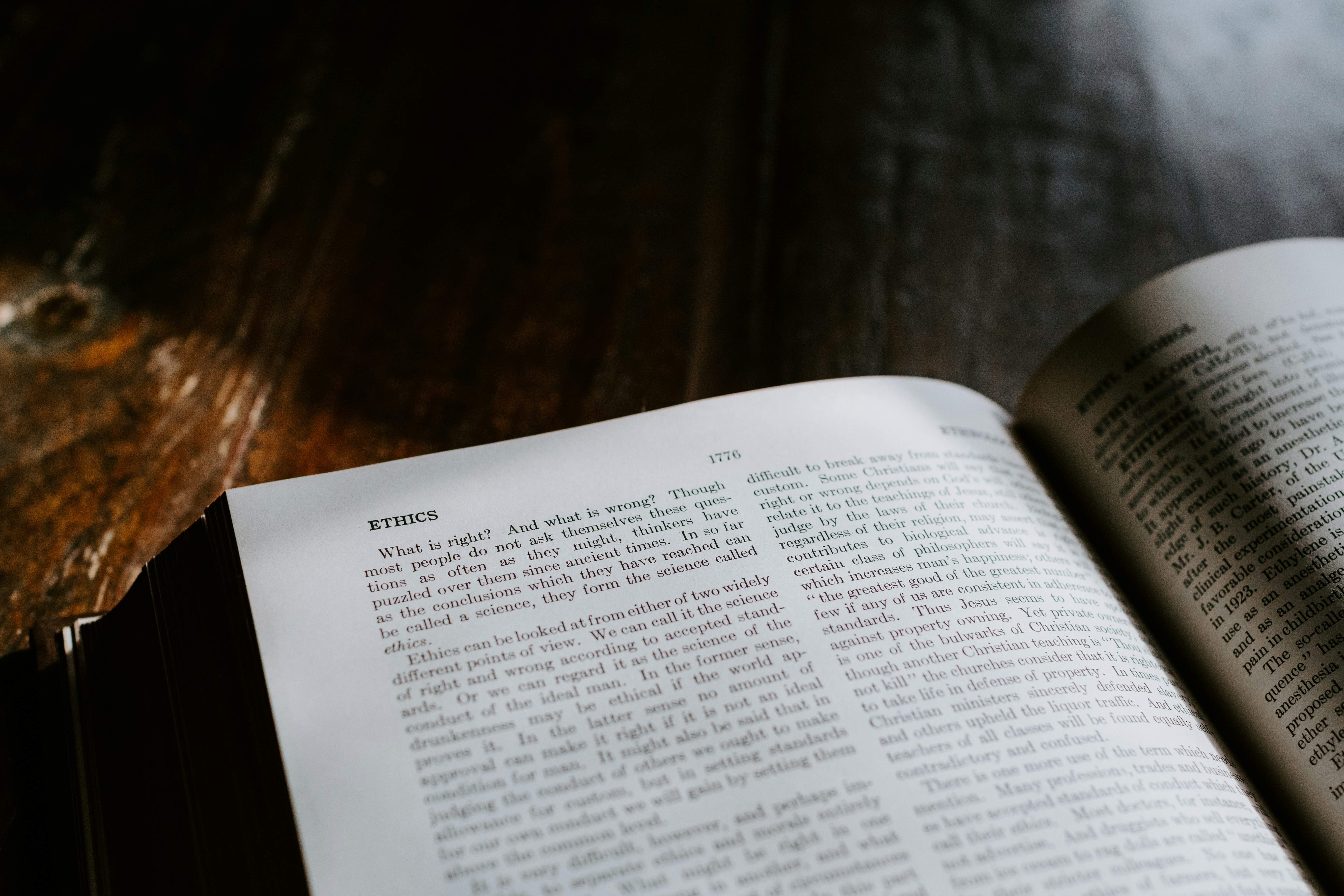Move with Power: Nietzsche’s Call to Act Without Permission

In contemporary culture, the phrase “move with power and not permission” encapsulates a mindset of self-determination, autonomy, and unapologetic action. This ethos resonates profoundly with Friedrich Nietzsche’s concept of the will to power, a foundational element of his philosophical thought. Though often misunderstood as a justification for domination or authoritarianism, Nietzsche’s will to power is more accurately interpreted as the fundamental drive of life itself—a striving to overcome, to create, and to impose form upon the chaos of existence. In this light, acting with power rather than waiting for permission is not merely a strategy for personal success; it is an existential imperative.
Nietzsche rejected the moral systems that demanded obedience, submission, or humility as ultimate virtues. He saw such frameworks as life-denying, constructed not by the strong, but by the resentful—those who lacked the strength to affirm life on their own terms. In works like Thus Spoke Zarathustra and Beyond Good and Evil, Nietzsche calls for the revaluation of all values and the emergence of the Übermensch, or overman—a figure who creates meaning through action, who embodies the will to power as self-expression, not subjugation. This figure does not ask for permission to speak, to act, or to be; he acts because he must, because creation and transformation are expressions of vitality.
To move with power is, then, to live from one’s inner necessity. It is to be the author of one’s life rather than a passive recipient of inherited norms. This requires courage—what Nietzsche called a “great health”—a spiritual resilience that allows one to embrace uncertainty and affirm existence even in its most painful forms. The will to power is not a call to violence, but to artistry. It is the force behind the poet’s pen, the philosopher’s hammer, the revolutionary’s vision. It is the drive to overcome oneself, again and again, in pursuit of what Nietzsche called “becoming who you are.”
In modern contexts, Nietzsche’s vision challenges us to resist the seduction of victimhood and the paralysis of waiting. In a world increasingly defined by systems of permission, be they institutional, cultural, or digital, the call to act from one’s own power is more vital than ever. It is not recklessness that Nietzsche celebrates, but radical authenticity: the refusal to let one’s life be dictated by fear, conformity, or the need for external approval.
To act without waiting, to move with power and not permission, is thus to align with the deepest currents of life itself. It is to affirm one’s existence by shaping it deliberately, passionately, and without apology. In this, Nietzsche does not offer a mere philosophy of strength, but a call to greatness, for those who dare to hear it.





